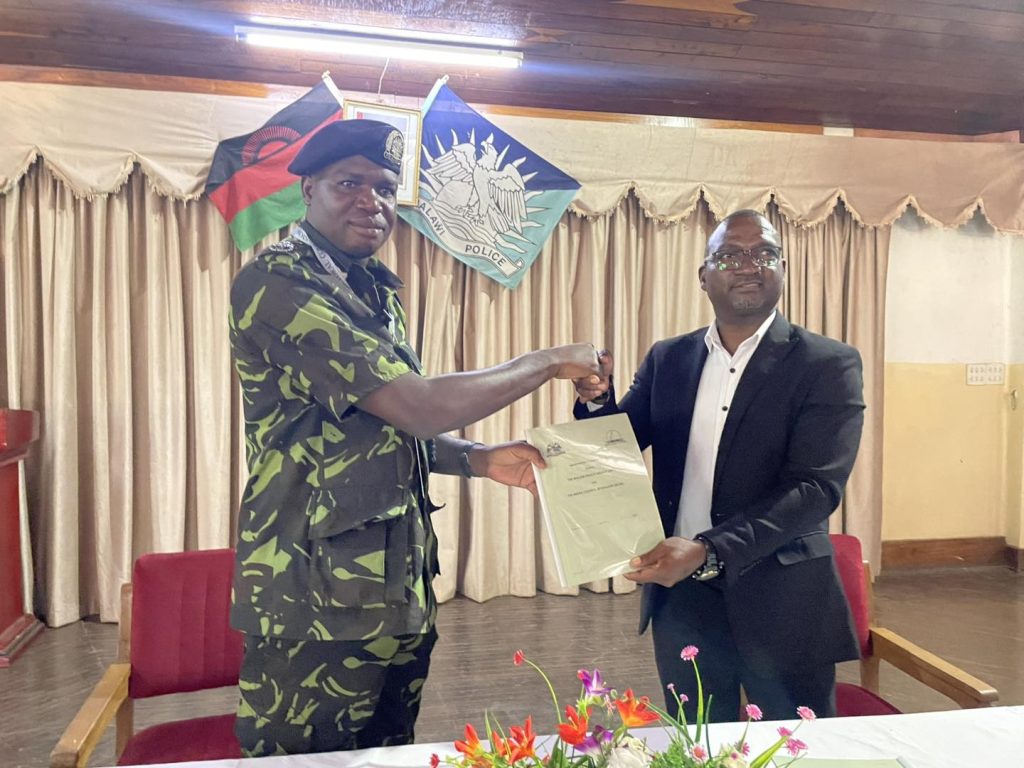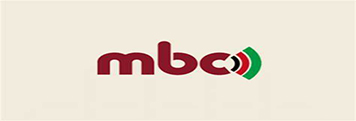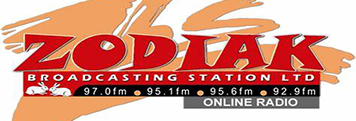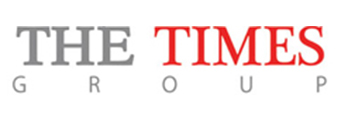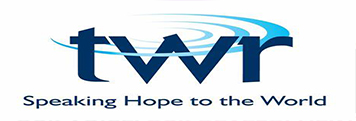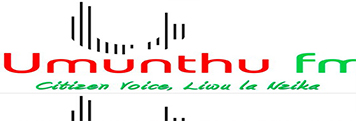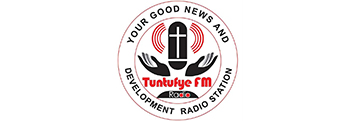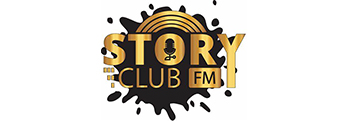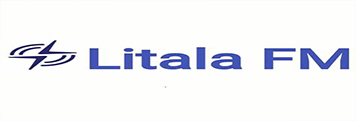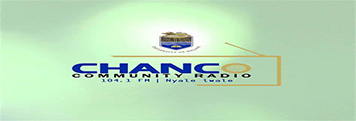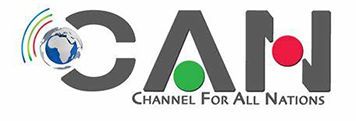The Media Council of Malawi has signed a Memorandum of Understanding with the Malawi Police Service, outlining how the two institutions will cooperate in managing elections going forward. The agreement comes against a backdrop of strained relations, with the two institutions often struggling to understand each other and frequently working in conflict.
Media Council of Malawi Executive Director Moses Kaufa noted that, for too long, the relationship between the police and the press has been characterized by friction. He emphasized that these challenges undermine the nation by fostering mistrust, which this agreement seeks to resolve.
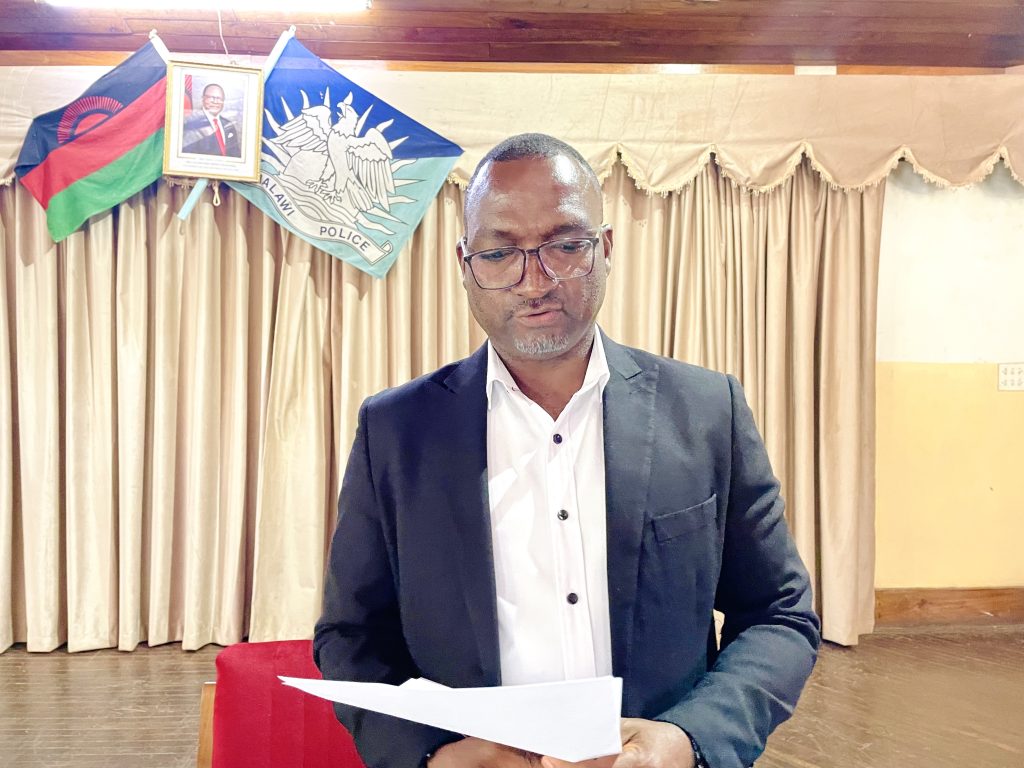
“Journalists in their quest to inform the public, have sometimes found themselves in harm’s way, facing intimidation or even violence and the police, in their duty to maintain law and order have sometimes viewed the media with suspicion, seeing a camera as a threat rather than a tool of transparency,” he said.
Kaufa said effective operations require close collaboration between the police service and the media. He stressed the importance of creating deliberate platforms where the police can explain the law and their operations, pointing out that many journalists have not developed a strong culture of reading.
Director of Operations for Malawi Police Service Gladson Chipumphula has applauded the agreement between the two institutions saying it will help them service the public better and will help in disseminating what is in the document collaboratively.
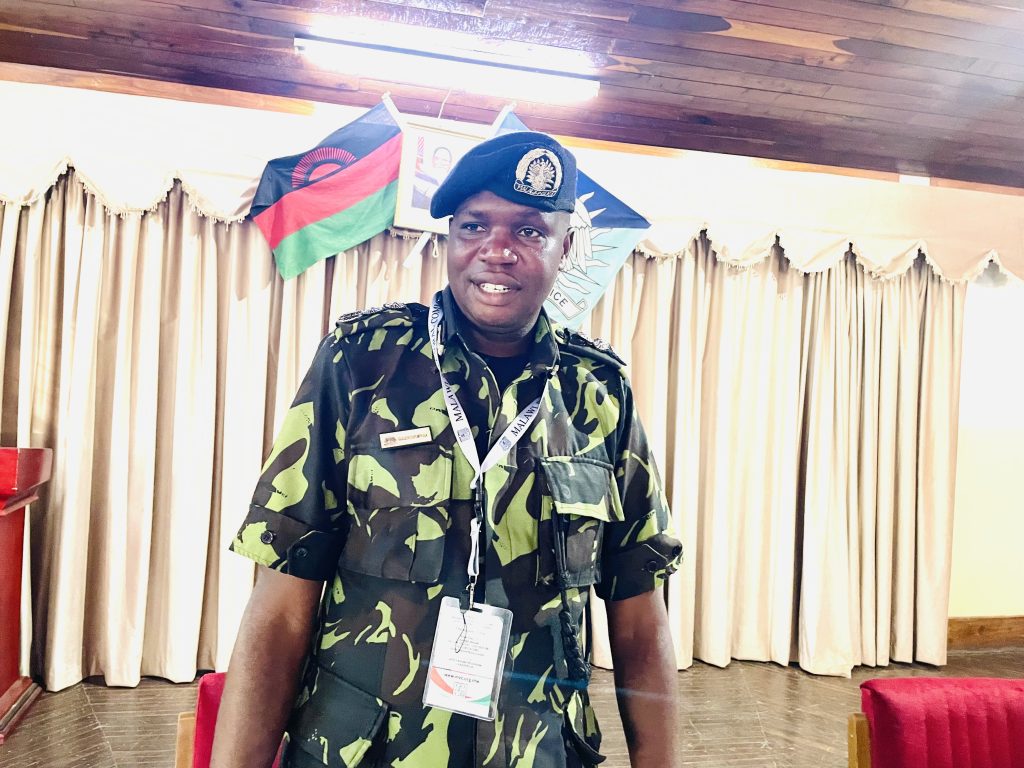
He added that the service is committed to reaching out to all officers for them to be familiar with what is in the MOU, for better operations and collaboration with the media.
Among other provisions, the MOU sets out a framework for joint training workshops where police officers will be educated on the role of the media and press freedom, while journalists will receive training on safety protocols and responsible conduct when covering volatile situations. It also establishes a rapid response mechanism to ensure that journalists under threat have a clear and immediate point of contact for police intervention. In addition, the police commit to providing protection at high-risk events and to implementing practical measures such as designated media zones to enable journalists to work without undue restriction.

